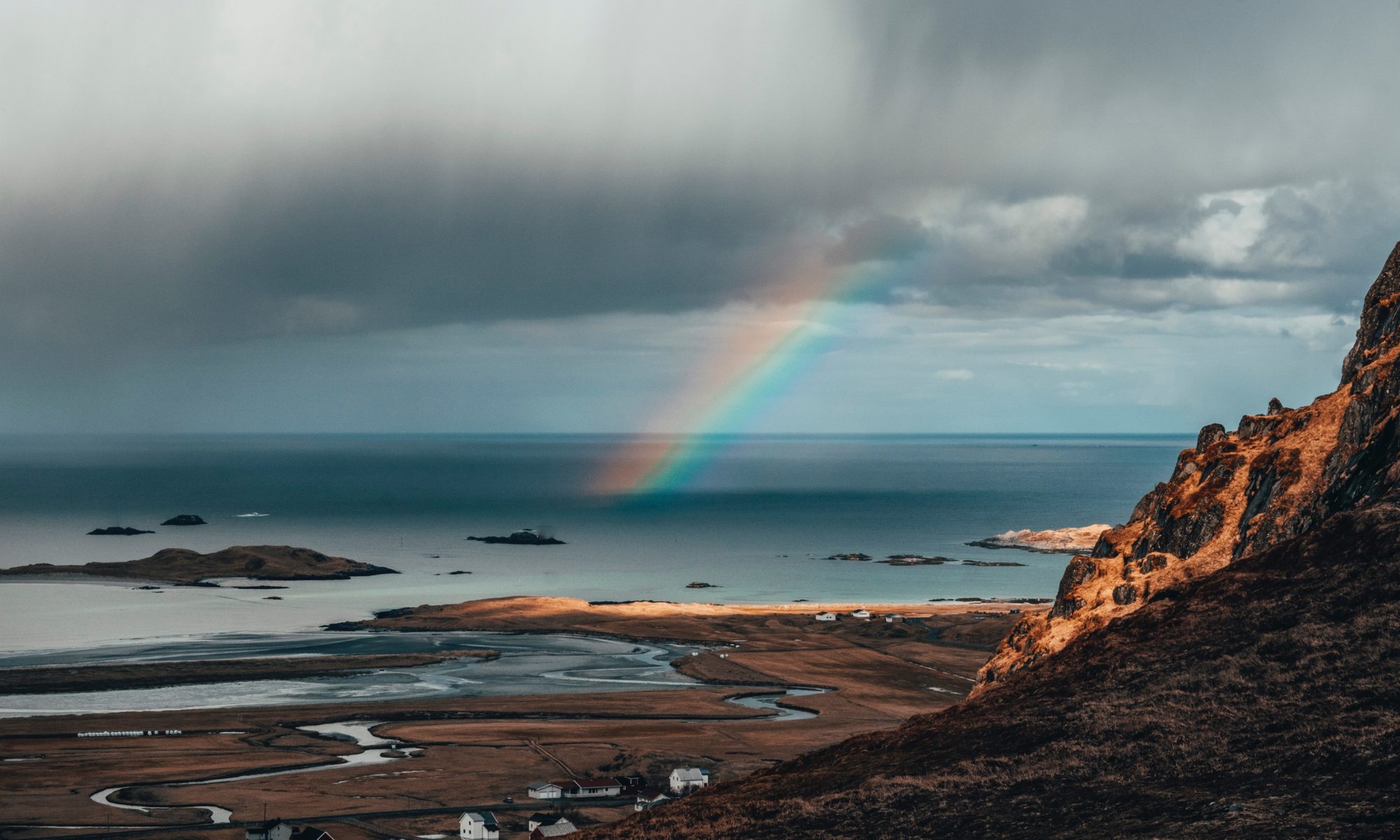“And John’s disciples came and took up the body (of John the Baptist) and buried it. Then they went and told Jesus. When Jesus heard it, He withdrew from there privately in a boat to a solitary place. But when the crowds heard of it, they followed Him [by land] on foot from the towns. When He went ashore and saw a great throng of people, He had compassion (pity and deep sympathy) for them and cured their sick.” (Matthew 14:12-14, AMP)
Jesus and his disciples had climbed into the boat to head to a “solitary place,” a place purposefully away from people. But when they got to this place I called “No-man’s land” in my last blog post, there was anything but solitude because a huge crowd of over five thousand was waiting for him, clamoring for his attention.
My love of and need for solitude in my quiet little life makes me keenly interested in how Jesus handled the noise and commotion and demands on his time and person. Jesus was the perfect human being, having all the emotions and physical limitations we humans have, yet with the significant difference of no sin nature. Instead of a fallen nature, he had the nature of God. He was fully human yet fully God. The compassion he felt for the milling, noisy (probably smelly) crowd was straight from his God-ness.
We have no excuse for not having that compassion as well if we have been indwelt by God’s spirit, given to us when we put our faith in Christ Jesus for our salvation. So I look at these incidents in scripture and try to read between the lines. Actually, Jesus’ response to people is pretty much “out there”; he cared more for them than for himself. So hard to do for those of us with so much “self” to deal with. But doable nonetheless.
Jesus’ compassionate response was not based on emotion. So often mine is. Emotions are so wishy-washy. They can change in a moment from hot to cold. Not a good idea to operate that way. Jesus’ response to the clamoring crowd came out of his God-love for people. Solid. Stable.
“When Jesus went ashore, He saw a large crowd, and He felt compassion for them because they were like sheep without a shepherd; and He began to teach them many things.” (Mark 6:34, NASB)
“… and welcoming them, He began speaking to them about the kingdom of God and curing those who had need of healing.” (Luke 9:11b, NASB)
In the full light of that kind of love I am convicted of my lack of compassion. Not lack of emotion. I have plenty of that. Compassion. The kind of compassion Jesus had. God-love. I want that kind of care for others. I should have it since Christ lives in me.
God, help me be sensitive to Your spirit. Stop being “me” so much (critical, judgmental, impatient) and be more of “You” (the opposite of the aforementioned).
As I wipe my tears of contrition and continue reading, I am struck by another insight, right there for all to see, yet so often missed. I almost suck air. Is that my reflection I see? (Continued in next post.)
